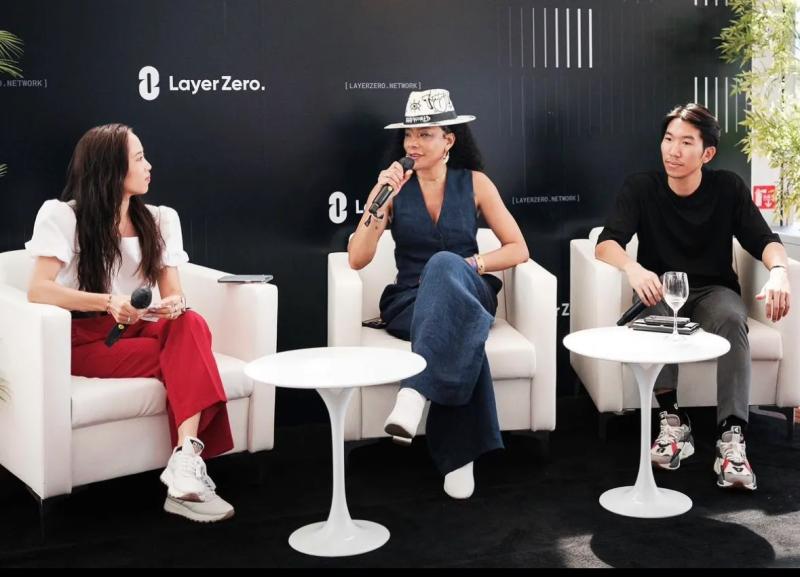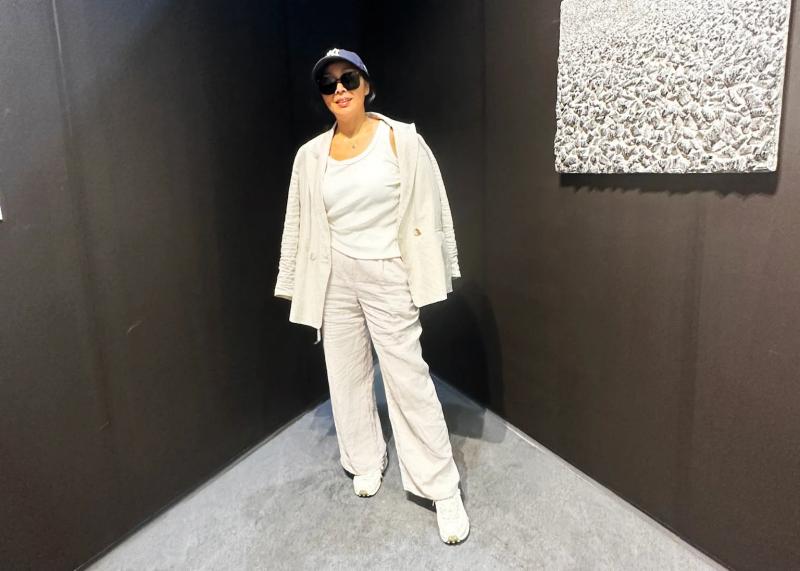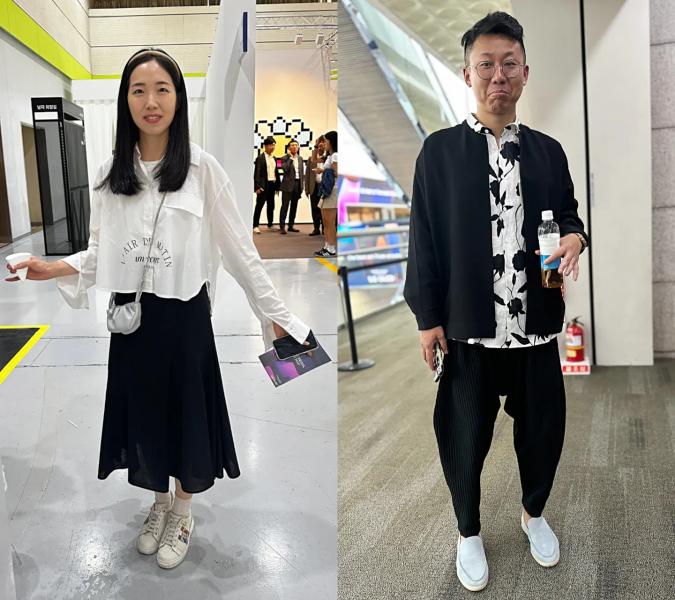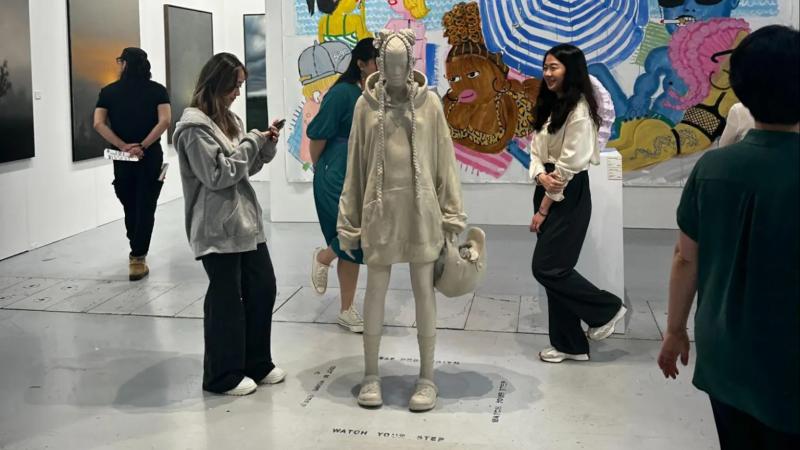Contents
SCENE columnist Toni Thai Sterrett shares why Seoul is the epicenter of a fashion evolution—and how emerging technology can play a role.
Toni Thai Sterrett•4 min read
Your Web3 Gaming Power-Up
Enjoy exclusive benefits with the GG Membership Pass
Decrypt’s Art, Fashion, and Entertainment Hub.
Discover SCENE
Bad World is an occasional column by Toni Thai Sterrett, a filmmaker, futurist, and founder focused on the intersection of fashion and technology.
Seoul, South Korea is not just a vibe—it's a lesson.
In an era in which inflation is skyrocketing and global unrest is palpable, there's a sense of ease in embracing minimalism, a lesson we might want to borrow from Seoul's fashion scene.
In September, I traveled to South Korea to engage in a fireside chat about the future of fashion at the Avalanche House alongside Legitimate CEO Calvin Chan, moderated by Tiffany Lai of Ava Labs. The event took place during one of the most exciting weeks in Seoul with local culture events colliding, including Seoul Fashion Week, Seoul Art Week, and Korea Blockchain Week. The city was pulsing with a vibrant mix of fashion, art, and tech.
One revelation? Seoul's fashion isn't about extravagance—it's about essence. Amidst the chaos of rising prices and uncertainty in much of the world, Seoul’s elegant restraint in fashion offers an antidote. It suggests a way of living not dictated by excess, but by meaningful choice.


Sidenote: One of my biggest takeaways was that Seoul does not have a “bad bitch culture” aka Instagram model style (lashes and body-conscious clothing). Sure, in the past, women in high shoes was the norm, but to see an embrace of comfortable shoes—mostly sneakers on the overwhelming majority of women, regardless of age—was exciting and reaffirming. My own feet, post-Covid, aren’t that excited about stilettos.
Having always appreciated bold and edgy styles, it was eye-opening to see Korean women embracing loose-fitting clothing not just as a fashion statement, but as an embodiment of comfort, function, and style.
Stay on top of crypto news, get daily updates in your inbox.
Your Email
Everywhere I looked, from the airplane to the streets, there was something special about diving into a culture that embraces modesty and luxury fashion at the same time, and where modesty doesn’t feel stuffy or intentional. It felt… cool. And it radiated a confidence that was quite sexy—because confidence and being comfortable in your own skin is very, naturally sexy. It’s a surprising contrast to K-Pop style/fashion that’s exploded in the West, unassumingly putting a capital Q in “Quiet Luxury.”
What truly resonated with me was the dominance of monochrome outfits. With a palette primarily revolving around black, white, gray, and cream, Seoul's fashion scene exudes a sense of calm and stability—something we desperately need in these turbulent times.


While I’ll let the experts delve deep into Seoul Fashion Week’s nuances, what was noticeable to me was how the Seoul Art Week—which included Frieze Seoul—appeared to embrace the intersection of fashion, technology, and art more robustly than the Fashion Week organizers.
That’s probably why opinions like Vogue Business’ “How Frieze Seoul left the city’s fashion week in the dust” were formed. That’s especially true given South Korea’s embrace of emerging technologies like AI and blockchain. Frieze Seoul is really where all of those worlds collided. This synthesis of disciplines at events like Frieze Seoul signifies a pivot towards innovation in a constantly evolving world.
Consider the sponsorships at Frieze—from Chanel’s art-fusion videos to W Concept's innovative lounges, and BMW's breathtaking AI Canvas cars. These collaborations aren't mere marketing strategies; they are testaments to the endless possibilities when fashion, art, and technology converge.


And this is where the world, grappling with economic and societal challenges, can take a cue. It’s not about quantity anymore—it’s about quality. It’s about leveraging technology, like 3D printers, AR, and AI, to break free from the traditional confines of consumerism. And it's about reimagining consumption, not as an act of acquiring but as an art of discerning.
So, while I’m not saying we should all adopt the South Korean wardrobe—though, trust me, it's tempting—there's an undeniable wisdom in their approach. In these times of inflation and unrest, the fusion of modesty, technology, and sustainability can guide us towards a more harmonious and conscious existence.
After all, isn't that the ultimate “bad bitch” move?
Edited by Andrew Hayward
